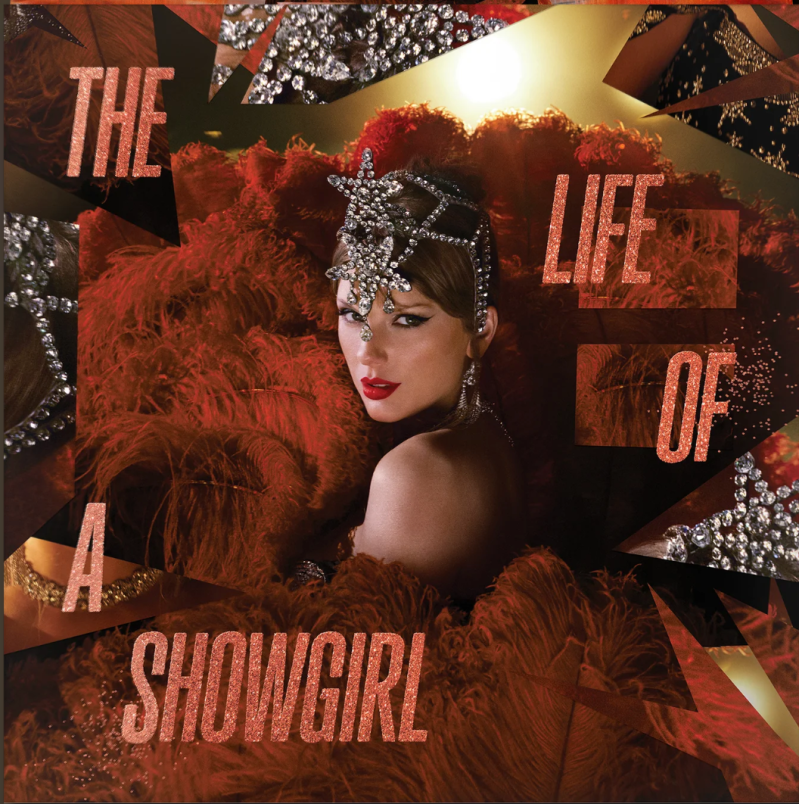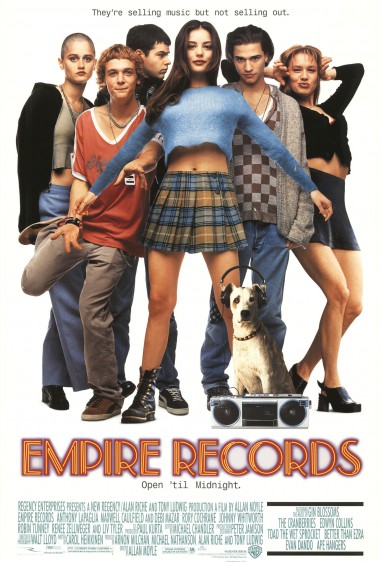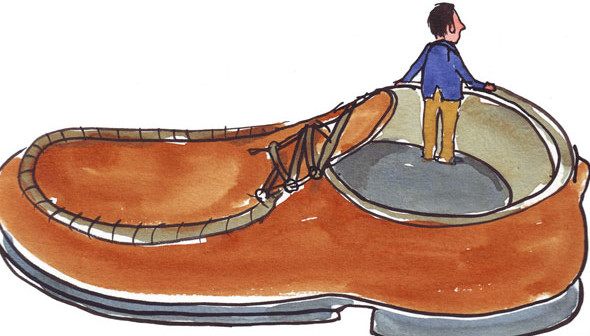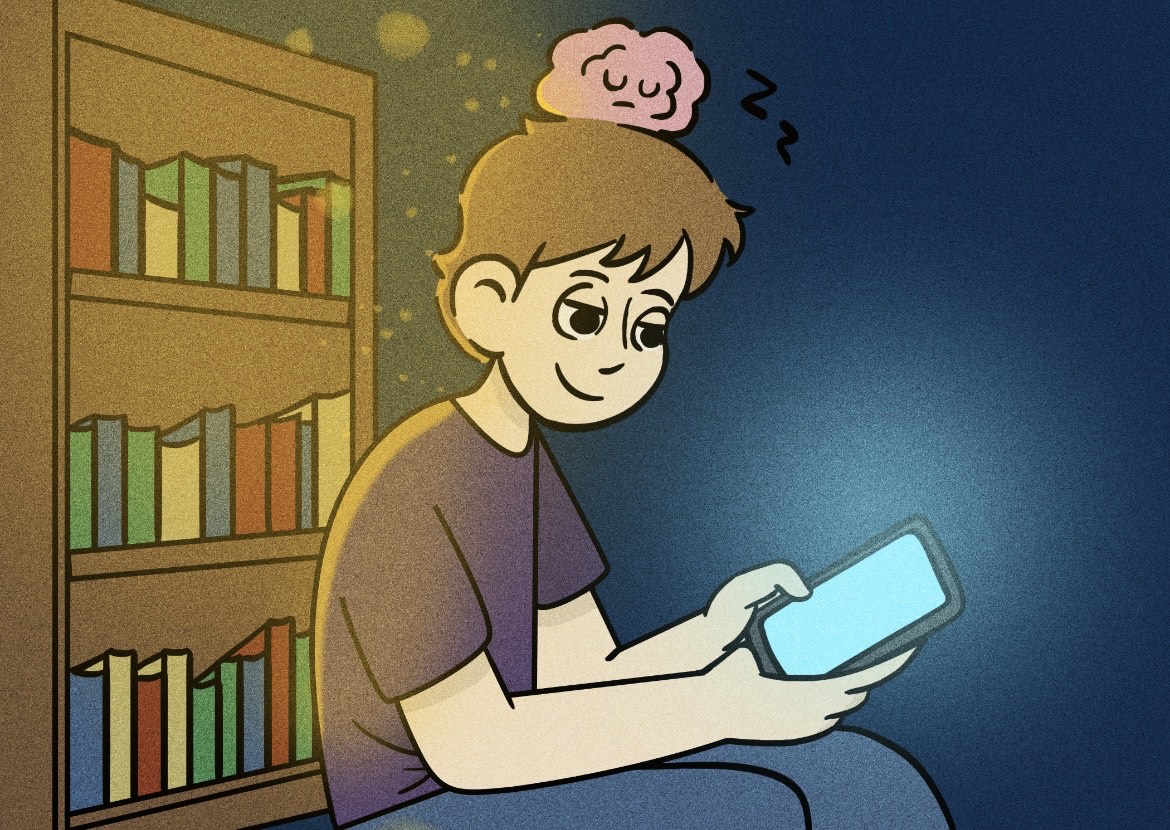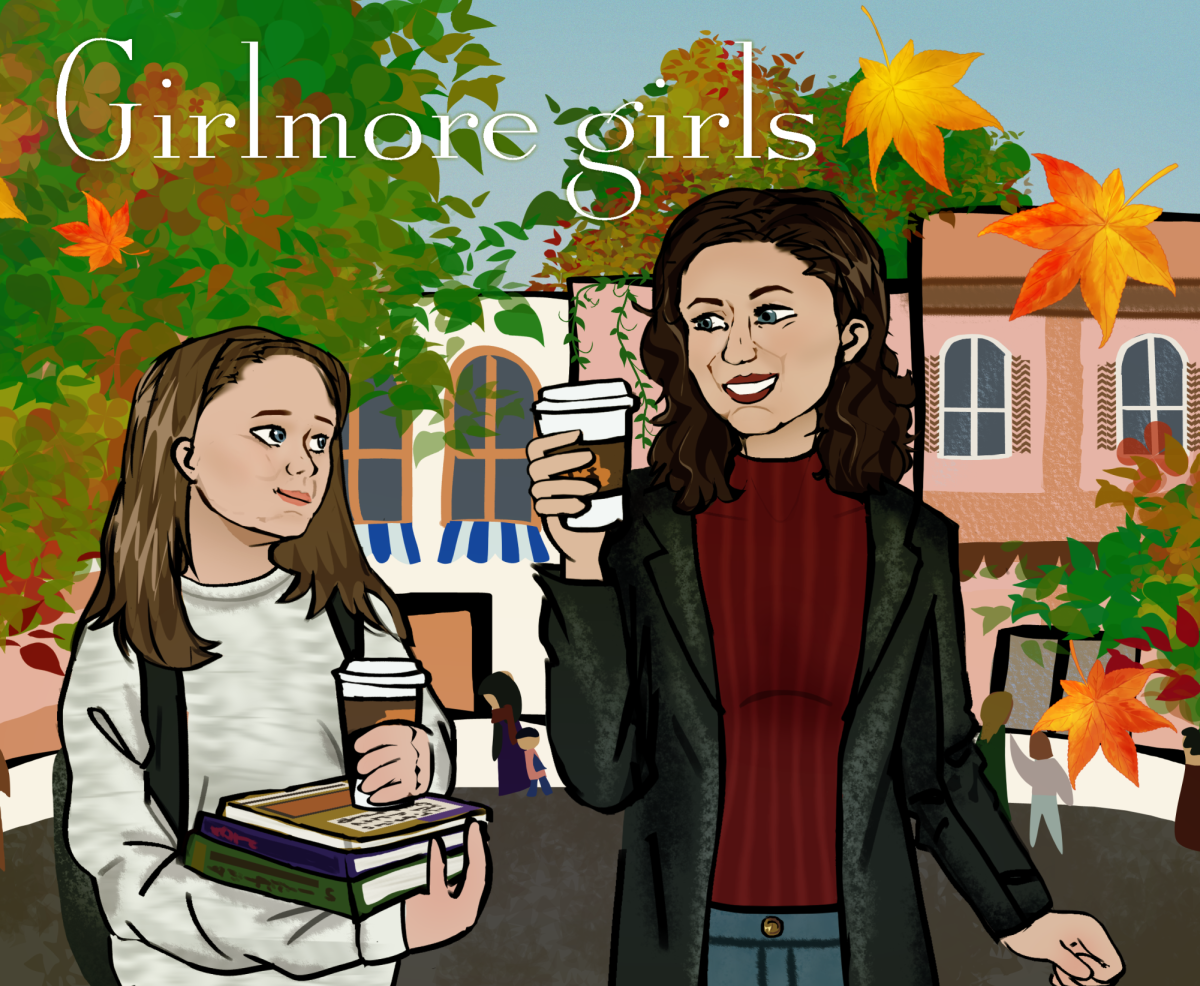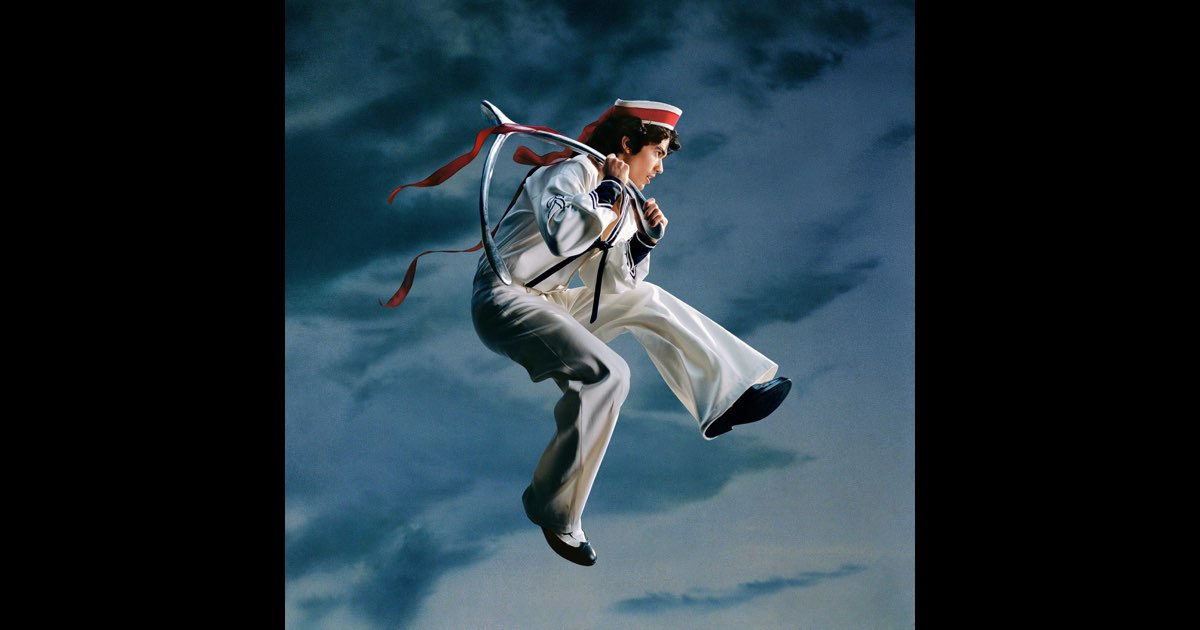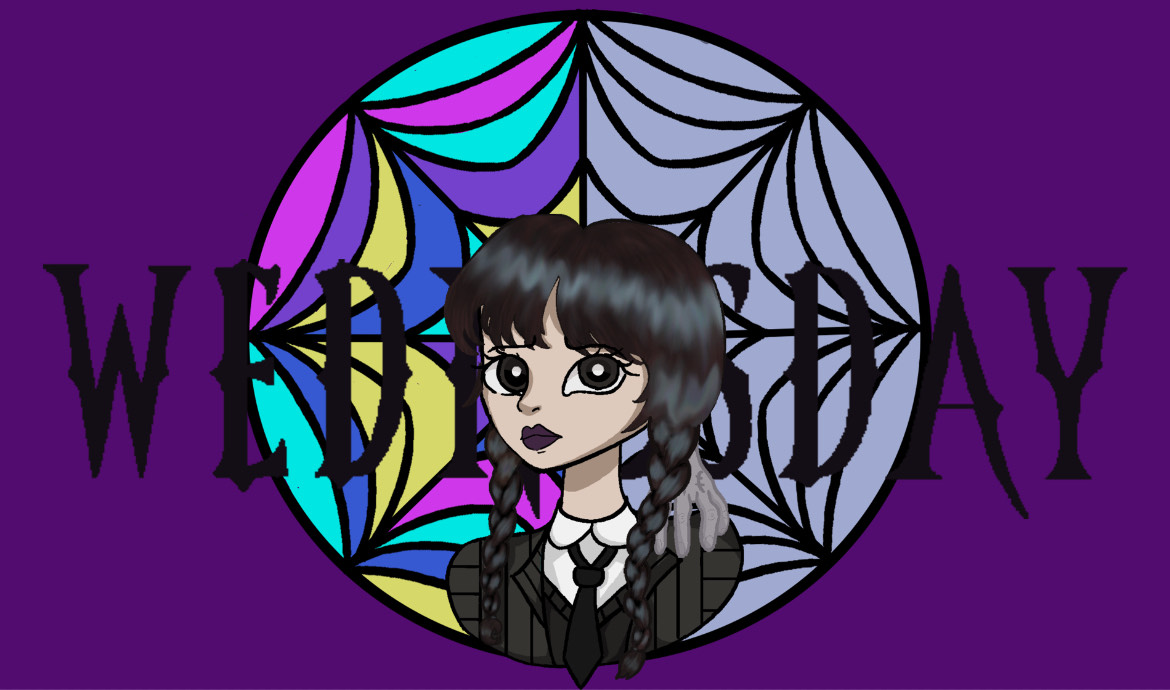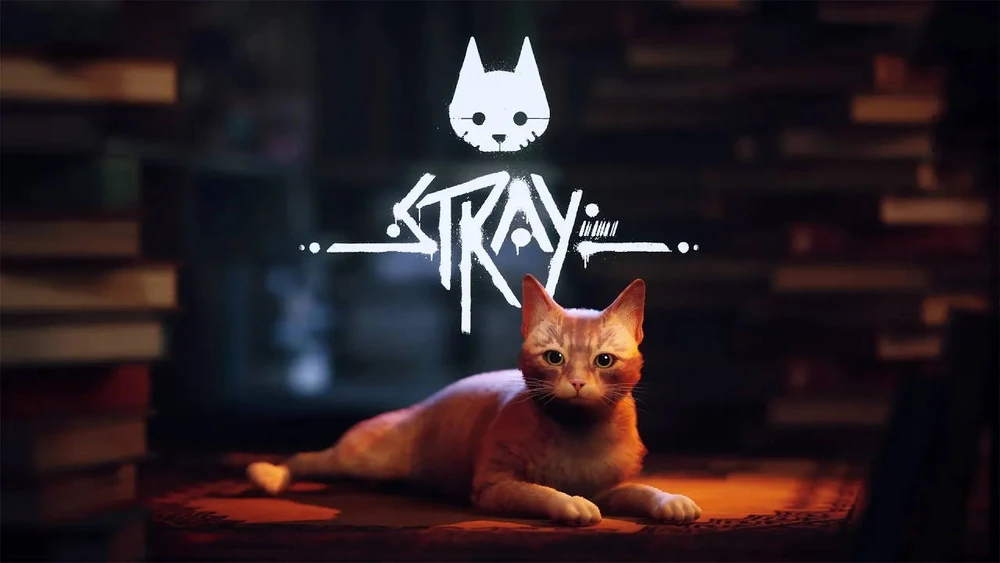The third of October marked the drop of the long-anticipated 12th album from singer-songwriter Taylor Swift. “The Life of a Showgirl” was advertised as an album that would mix the storytelling of “Folklore” and “Evermore” with her earlier pop melodies; this comes as no surprise, seeing as the Swedish duo Max Martin and Shellback are the producers behind both these albums and “1989.” The flapper-esque vibe that Swift created prior to this drop was another factor that added to the immense hype—that’s besides the more obvious contributor being that the mere mention of Swift’s name, let alone her high status, drives fans crazy—but, unfortunately, the expectations were far too high for what we received on Oct. 3.
I knew I was in for an unfortunately long, disappointing ride when my sister and I played “The Fate of Ophelia” at 9 p.m. PST. The intro to this song was mellow compared to what was advertised. The music was not yet living up to the flapper-era energy that the photoshoots and promotional photos teased, but I clung onto hope—hope that would soon be crushed. It became apparent that her promise of wistful writing like that in “Folklore” would not be fulfilled, with the most intense lyric being “As legend has it you are quite the pyro / You light the match to watch it blow.” There’s nothing wrong with a simple pop song, of course, but Swift has always made sure to match her writing to her instrumentals and, unfortunately, both lacked in comparison to what she had hyped the audience up for.
She also includes a very dull Shakespearean reference, a very clear attempt at masking her lack of depth with the illusion of something much deeper than it is. “The Fate of Ophelia” references the playwright’s famous play “Hamlet,” which features Ophelia, a woman who is driven to madness after her unrequited lover kills her father, and allows herself to die. Swift’s allusion to this story makes very little sense when compared to her life; she misconstrues this tragedy into a knight-in-shining-armor trope about her quarterback boyfriend. It isn’t awful, per se, seeing that the song is admittedly catchy after a couple of listens, but she fails to draw a meaningful connection to the play.
“Elizabeth Taylor,” track two, is when the cracks start to show. For context, Elizabeth Taylor was a top actress in Hollywood during the 1950s, and referencing her reinforced the misleading idea to fans that this album would have that old-money sound. But the song isn’t anything like anticipated—its production sounds straight off of “Reputation,” and the lyrics are shallow with out-of-place references that only her wealthy inner-circle would understand. She sings about yearning for Portofino, the Italian village where Elizabeth Taylor was proposed to, while staying at the Plaza Athenee—the hotel that Taylor stayed at with her lover for months following the engagement. It’s clear that Swift is yearning for a long-standing partnership, discussing how she has “been number one, but [she’s] never had two.” She acknowledges her success and, if she had kept it at that, nobody would have batted an eye.
But, she did not keep it at that. She sings about her wealth and success in such a tone-deaf manner, saying, “I’d trade the Cartier for someone to trust” and begging, “What could you possibly get for the girl who has everything and nothing all at once?”
As of Oct. 13, 2025, Swift holds a net worth of $2 billion. If she equates that to having "nothing,” then I’m not sure what else will satiate her.
All hope wasn’t lost, though, as songs like “Opalite,” “Ruin the Friendship,” and “Honey” were decently good pop songs, so I don’t have much criticism for those. I can’t say the same for songs like “CANCELLED!” and “Actually Romantic,” however. Both are quite childish takes on cancel culture and celebrity feuds, respectively, and both sound like failed “Reputation” songs, but with mediocre production and lyrics that continue to perpetuate the album’s status as weak in that aspect. “Father Figure” is another song that is mediocre at best, having a good message, but failing miserably in execution.
“Eldest Daughter,” the most anticipated track 5 in the history of Swift’s career, was a song I had the biggest issue with. I could not even tell you what exactly it’s about—it’s all over the place, with lyrics that are mismatched and out of place. Swift’s track 5s are notorious for being the most gut-wrenching, relatable, lyrically sound songs off of her albums, but this was disappointing beyond belief.
The song opens up with her discussing “internet trolls” and being “punk on the internet.” Then, it devolves into her stating that she isn’t the “baddest,” and she isn’t “savage,” like that has any place in a song that’s supposed to be taken seriously. Then, as if she realized she didn’t meet some quota of relatability, she introduces a metaphor that sounds like it’s taken straight out of a Rupi Kaur poetry line you’d see on TikTok: “Every eldest daughter is the first lamb to the slaughter, so we all dressed up as wolves and we looked fire.” It’s a joke of a song—nothing about this says “eldest daughter,” especially because it isn’t really even about being an eldest daughter.
All in all, this album was a disappointment, and that’s an understatement. It’s bleak, repetitive, and doesn’t provide anything of substance. While this wasn’t expected of Swift, it’s unfortunately what’s to be expected of the music industry right now; authenticity and depth in creative expression are too often sacrificed for shallowness and unoriginality, although it’s sad to see an artist who has always been so proud of her work has fallen victim to this epidemic.

